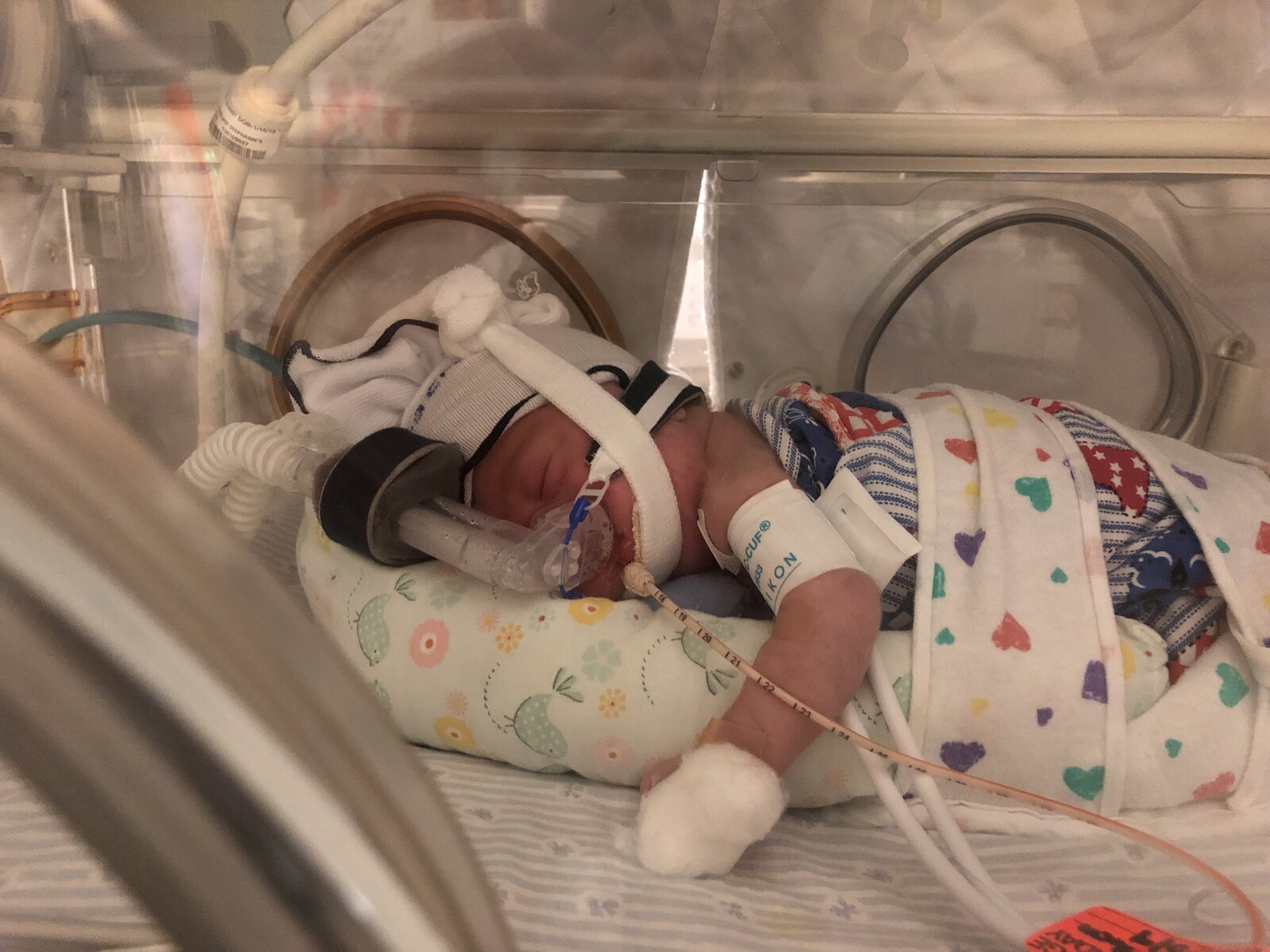The results of a special election in Colorado Springs have changed the healthcare landscape statewide. On Tuesday, August 28, 2012 Springs voters approved leasing the city-owned Memorial Health System to University of Colorado Health, a rapidly expanding chain that’s emerging as a big player in the state’s hospital markets. CPR Health Reporter Eric Whitney has more.
This is a transcript of Eric’s story.
Reporter: How much difference does it make who’s running a local hospital? That’s a tough question for the average person to answer. For the last 8 months there’s been a campaign in Colorado Springs to convince voters that the hospital the city has owned and operated since 1943 would be better off if someone else ran it, specifically, University of Colorado Health.
Susan Bryan, who was dropping off her ballot Tuesday afternoon, says, it’s hard to know if the deal really makes sense.
Bryan: I don’t know. How do we know? We don’t have MBAs. I don’t know. And I don’t know the inside scoop, I have no idea what’s going on at Memorial.
Reporter: Bryan said she did research, but couldn’t really figure out why leasing the hospital made sense, so she voted against it, mostly because the deal was endorsed by Colorado Springs Mayor Steve Bach, who she doesn’t like.
Bryan: Well, he’s a Republican. I have a really hard time liking Republicans.
Reporter: But a few hours later, Mayor Bach was standing in front of TV cameras, thanking Springs voters for OK-ing the lease deal by a margin of 66%.
Bach: To me that’s a mandate.
Reporter: The deal, that was more than three years in the making, won broad endorsement, including from both the conservative daily newspaper and the liberal alternative weekly.
People here like getting government out of a business enterprise, and there are lots of plums in it for the city. One is nearly $2 billion in lease payments over 40 years. Another is University’s promise to open a branch of CU’s medical school on its Colorado Springs campus. And many, including Mayor Bach, are impressed with University’s reputation.
Bach: We are on the doorstep now of a wonderful future, in this partnership with University of Colorado Health, the number one teaching hospital in the United States. We’re gonna see better healthcare.
Reporter: University of Colorado Health isn’t just University Hospital in Aurora. Earlier this year University entered a partnership with Poudre Valley Health System, which operates hospitals in Ft. Collins and Loveland, and in July it started negotiations to add Ivinson hospital in Laramie, Wyoming to its stable. Rulon Stacey is president of UCH.
Stacey: Our goal at University of Colorado Health is to leverage the strengths of community-based healthcare and academic medicine.
Reporter: Stacey says UCH is a new kind of hospital system in Colorado, one that’s organizing to compete with the the other big players in the state, for-profit HealthOne, and the Catholic Centura and Exempla systems. He says hospitals that used to operate on a stand-alone basis, like University and Memorial in the Springs, have to consolidate to survive.
Stacey: The cost of healthcare throughout University of Colorado Health is going to go down, because of our ability to collaborate and affiliate. We’re going to standardize, we’re going to decrease costs and we’re going to be effective into the future with high quality and lower cost.
Reporter: Consolidation and acquisition are trends in healthcare across the country. That’s in part because of political uncertainty - Democrats and Republicans have sharply contrasting visions for the future of healthcare and it’s unclear whether one party will win dominance, or whether the elections 2012 will result in some kind of a compromise or even stalemate.
What’s clear from Tuesday’s vote is that University of Colorado Health has transformed a handful of once independent hospitals into a new kind of team that’s now the state’s third largest hospital company. And President Rulon Stacey says he expects to hear from other healthcare providers about joining the new brand.









